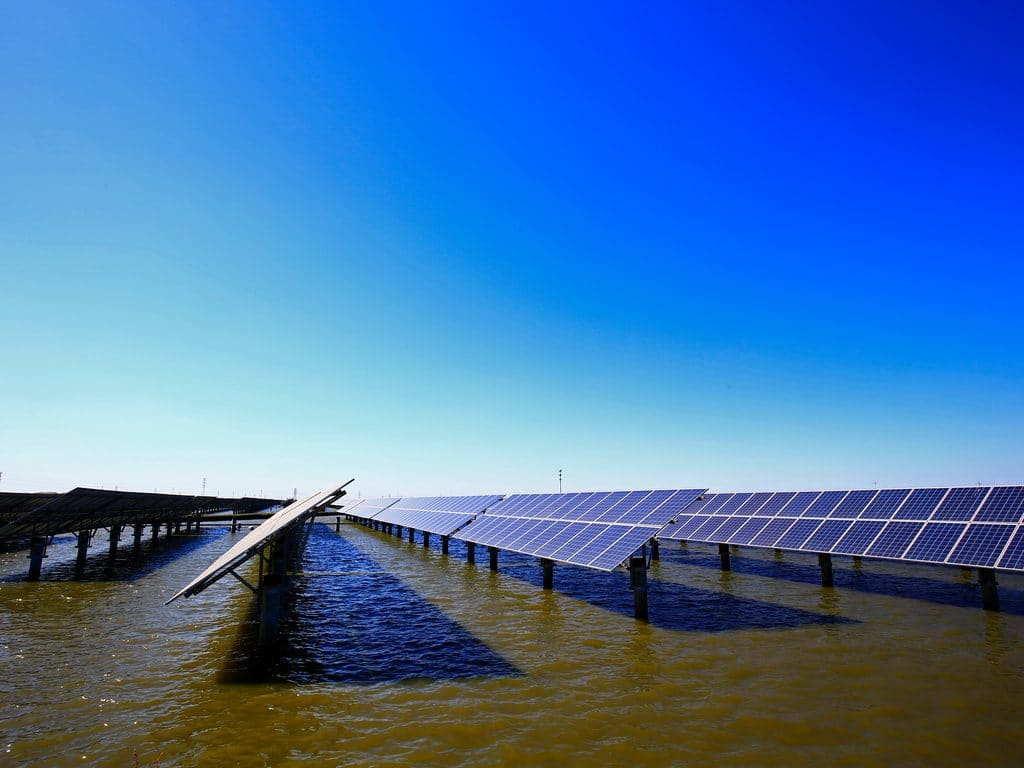Several villages on the Tanzanian side of Lake Victoria will soon have access to electricity, thanks to Jumeme Rural Power Supply. The local company, which provides small off-grid hybrid systems in rural areas, announces that the investment is being made by RP Global, an Austrian company that controls part of its capital.
The project will impact a total of 20 villages. On these islands, Jumeme Rural Power Supply will offer its mini solar power plants, equipped with solar panels, a battery for energy storage and a diesel generator. RP Global estimates that these hybrid mini-grids should provide electricity to 80,000 people.
An even larger project
“Many isolated communities in Tanzania still do not have access to electricity. Currently, the regions where we operate have some of the lowest rural electrification rates in Tanzania, ranging from 3% to 5%. In these areas, the population is widely dispersed across many remote villages and small towns, making it difficult for them to connect to the national network,” says Leo Schiefermüller, Director of RP Global Africa. He adds that “solar hybrid mini grids are the cheapest option for electrification, especially in rural areas, and the economic model based on a cost-sharing share, as proposed by Jumeme, makes electricity consumption affordable for the customer “.
With the increased support from RP Global, Jumeme has increased its ambitions. After the 11 off-grid systems under construction are commissioned, it is expected to launch 11 others, which will provide electricity to 23 villages, providing hybrid energy to 150,000 people.
The company has also received support from the European Union through its ACP-EU Energy Facility programme. Objective: Co-finance projects to increase access to modern and sustainable energy services for poor people in African, Caribbean and Pacific (ACP) countries, particularly in rural and peri-urban areas.
For some of its projects in Tanzania, Jumeme also receives funding from the European Development Fund (EDF) through its Energy and Environment Partnership Programme with Southern and East Africa (EEP).
Jean Marie Takouleu
